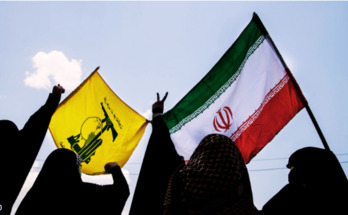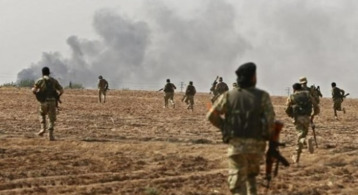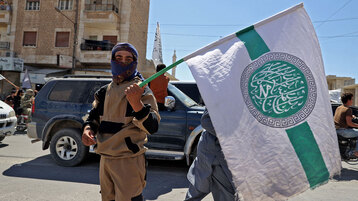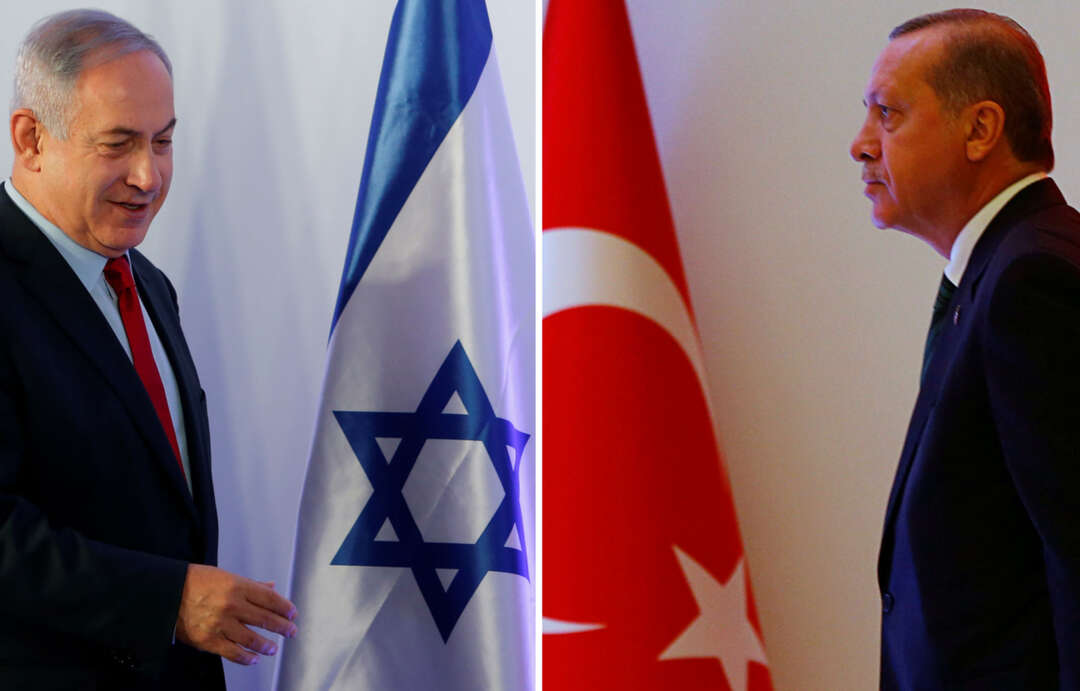-
In Beirut.. Iranian Ambassador's Statements Reveal Serious Security Breaches
-
Recent statements by the Iranian ambassador highlight an intertwined communications network between Tehran and Hezbollah, raising questions about the limits of diplomatic work
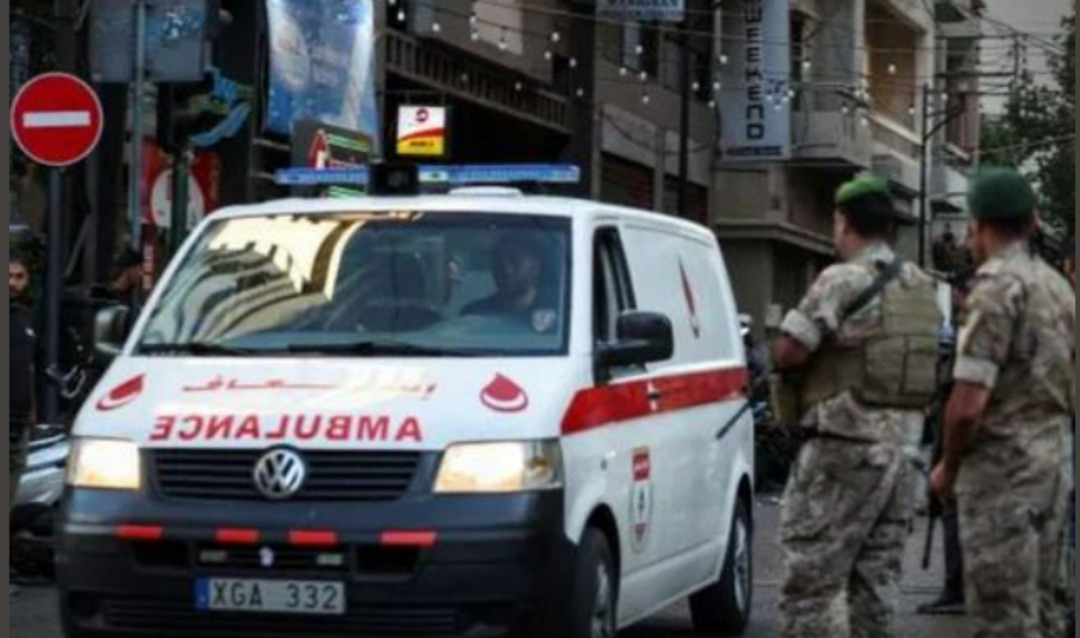
The first official appearance of Iranian Ambassador to Beirut Mojtaba Amani, following his injury in the pager explosions that struck multiple areas in Lebanon last September, recalled memories of the exceptional Israeli attack.
Roland Abi Najm, an expert in digital transformation and information security, revealed that the ambassador's disclosure about receiving a call from Hezbollah Secretary-General Hassan Nasrallah immediately after the attack indicates the extension of Hezbollah's ground and wire communications system inside the Iranian diplomatic headquarters.
Abi Najm noted in a post on "X" platform that the Iranian diplomat's statement about the call with the former Secretary-General of the party proves the use of the organization's ground network.
The expert highlighted the significant breach of the party's wireless system, especially since Nasrallah's elimination on September 28 came just days after the pager explosions that were carried out on the 17th of the same month.
Abi Najm expressed surprise at the Iranian embassy and its diplomatic representative's connection to the party's security communications system and their possession of the same equipment used by the organization's security leadership.
The Iranian ambassador had previously detailed the incident in a radio interview, noting that he was notified of Nasrallah's call checking on his health condition after the injury, expressing his emotional response to this gesture.
Many questions surrounded the simultaneous pager explosions in multiple Lebanese areas in mid-September, especially with the unclear identity of the company that provided Hezbollah with five thousand devices, while analyses suggested Israel executed a precise intelligence plan.
The explosions, which Tel Aviv later claimed responsibility for, left about four thousand wounded and numerous dead, including Hezbollah members. This security breach shocked the party, especially with the subsequent explosions targeting radio devices the following day.
Lebanese informed sources had previously noted in July that Hezbollah began using codes through messages, landlines, and pagers, seeking to avoid sophisticated Israeli surveillance techniques, in an attempt to protect its leaders from assassination operations.
Levant-Agencies
You May Also Like
Popular Posts
Caricature
I will only run if Syrian...
- December 28, 2024

I will only run if Syrians ask me to.
opinion
Report
ads
Newsletter
Subscribe to our mailing list to get the new updates!

